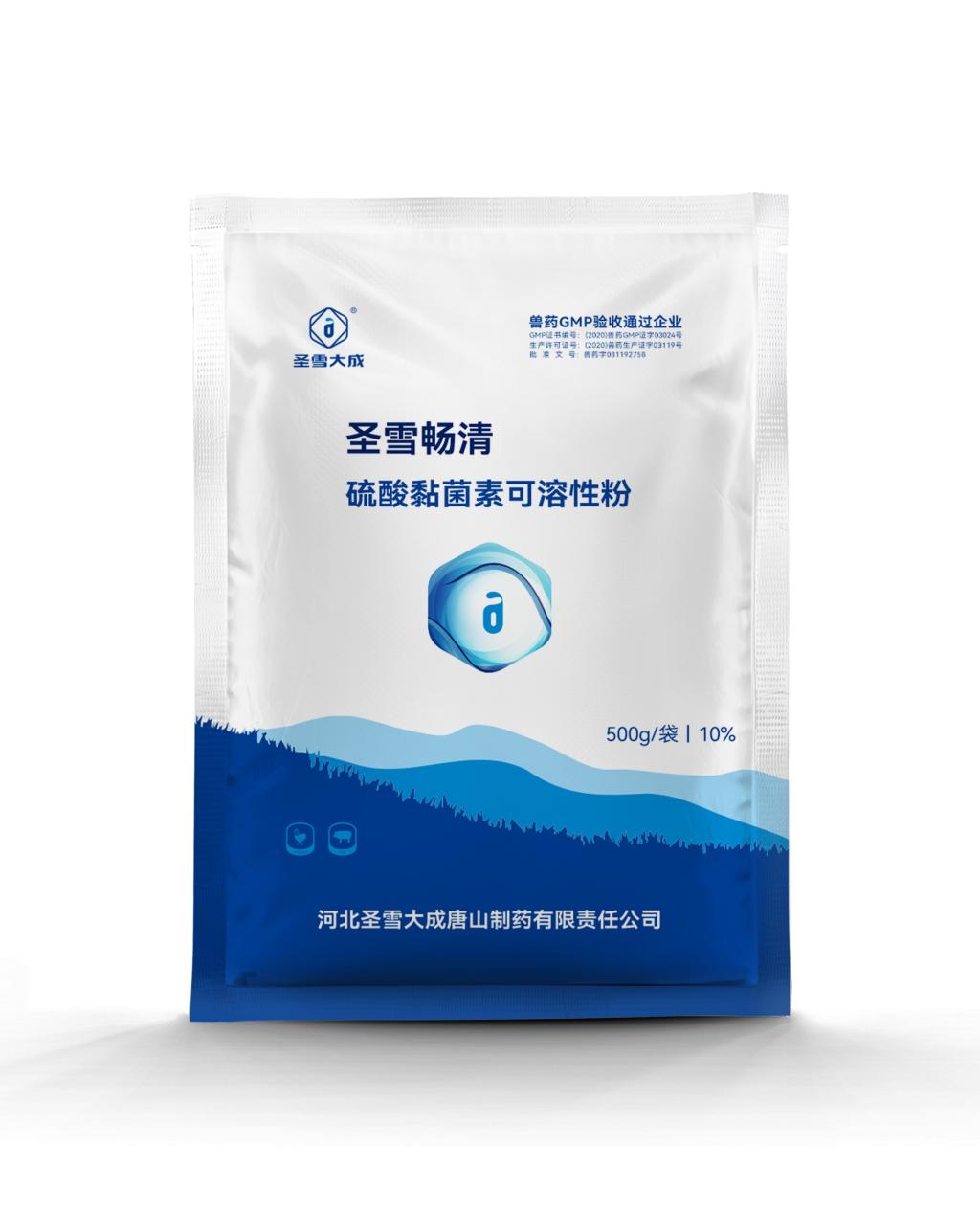
 CONTACT
CONTACT
- Linkman:Linda Yao
- Tel: +8618231198596
- Email:linda.yao@dcpharma.cn
- Linkman:CHARLES.WANG
- Department:Overseas
- Tel: 0086 0311-85537378 0086 0311-85539701
Colistin Sulfate Soluble Powder and Livestock Infections.
TIME:2023-12-26
Livestock farming plays a crucial role in meeting the global demand for meat and other animal products. However, the industry faces significant challenges in maintaining animal health and preventing the spread of infections. One of the key tools in managing bacterial infections in livestock is Colistin Sulfate Soluble Powder. This article explores the uses, effectiveness, concerns, and future considerations surrounding the use of Colistin Sulfate Soluble Powder in livestock.
I. Understanding Colistin Sulfate
A. Overview of Colistin Sulfate
Colistin Sulfate is an antibiotic that belongs to the polymyxin group. It is effective against a wide range of Gram-negative bacteria, making it a valuable tool in treating bacterial infections in livestock.
B. Mechanism of Action
Colistin Sulfate works by disrupting the cell membrane of bacteria, leading to cell death. Its mechanism of action makes it particularly effective against bacteria that have developed resistance to other antibiotics.
II. Uses of Colistin Sulfate Soluble Powder in Livestock
A. Treatment of Respiratory Infections
One of the primary applications of Colistin Sulfate in livestock is the treatment of respiratory infections. Pneumonia and other respiratory diseases can spread rapidly in crowded livestock conditions, making effective treatment crucial for animal welfare and economic viability.
B. Prevention of Waterborne Infections
Livestock often get exposed to waterborne pathogens, leading to various infections. Colistin Sulfate Soluble Powder can be added to drinking water to prevent and control such infections, contributing to overall herd health.
C. Control of Enteric Infections
Colistin Sulfate is also employed in the management of enteric infections, which can cause digestive issues and impact the growth and development of livestock. Its use in controlling these infections is instrumental in maintaining the productivity of the herd.
III. Effectiveness of Colistin Sulfate Soluble Powder
A. Rapid Action
Colistin Sulfate is known for its rapid bactericidal action. This quick response is critical in preventing the spread of infections within a herd and reducing the severity of illnesses.
B. Broad Spectrum
The antibiotic exhibits a broad spectrum of activity against Gram-negative bacteria, including strains that are resistant to other commonly used antibiotics. This versatility enhances its effectiveness in diverse livestock farming environments.
C. Minimal Residue Concerns
Properly administered, Colistin Sulfate has been associated with minimal residue concerns in animal products. This is an important factor in ensuring food safety and meeting regulatory standards.
IV. Concerns and Challenges
A. Development of Antibiotic Resistance
One of the major concerns associated with the use of Colistin Sulfate is the potential for the development of antibiotic resistance. The overuse or misuse of this antibiotic can contribute to the emergence of resistant strains, posing a threat to both animal and human health.
B. Impact on Gut Microbiota
Colistin Sulfate, like many antibiotics, can disrupt the natural balance of gut microbiota in livestock. This disturbance may have implications for the overall health and performance of animals.
C. Regulatory Oversight
The use of Colistin Sulfate in livestock is subject to regulatory oversight to prevent its misuse and to address concerns related to antibiotic resistance. Stricter regulations and guidelines are being implemented to ensure responsible use.
V. Future Considerations and Alternatives
A. Research into Alternatives
Ongoing research is focused on identifying and developing alternatives to Colistin Sulfate. This includes exploring new antibiotics, as well as non-antibiotic strategies such as probiotics, vaccines, and management practices that reduce the need for antibiotics.
B. Precision Medicine Approaches
Advancements in precision medicine may provide more targeted approaches to treating infections in livestock, minimizing the use of broad-spectrum antibiotics like Colistin Sulfate. Tailoring treatments based on the specific pathogens involved could reduce the risk of resistance development.
C. Sustainable Livestock Farming Practices
Promoting sustainable livestock farming practices, including proper hygiene, biosecurity measures, and optimized living conditions, can contribute to reducing the reliance on antibiotics. These practices aim to prevent infections and create an environment where animals can thrive without constant reliance on therapeutic interventions.
Conclusion
Colistin Sulfate Soluble Powder remains a valuable tool in managing bacterial infections in livestock. Its effectiveness, broad spectrum of activity, and rapid action make it a go-to choice for many farmers. However, concerns related to antibiotic resistance and other potential side effects highlight the need for responsible use and ongoing research into alternatives. As the livestock industry continues to evolve, finding a balance between ensuring animal health, meeting food safety standards, and addressing public health concerns will be crucial for the sustainable future of livestock farming.
- Tel:+8618231198596
- Whatsapp:18231198596
- Chat With Skype







